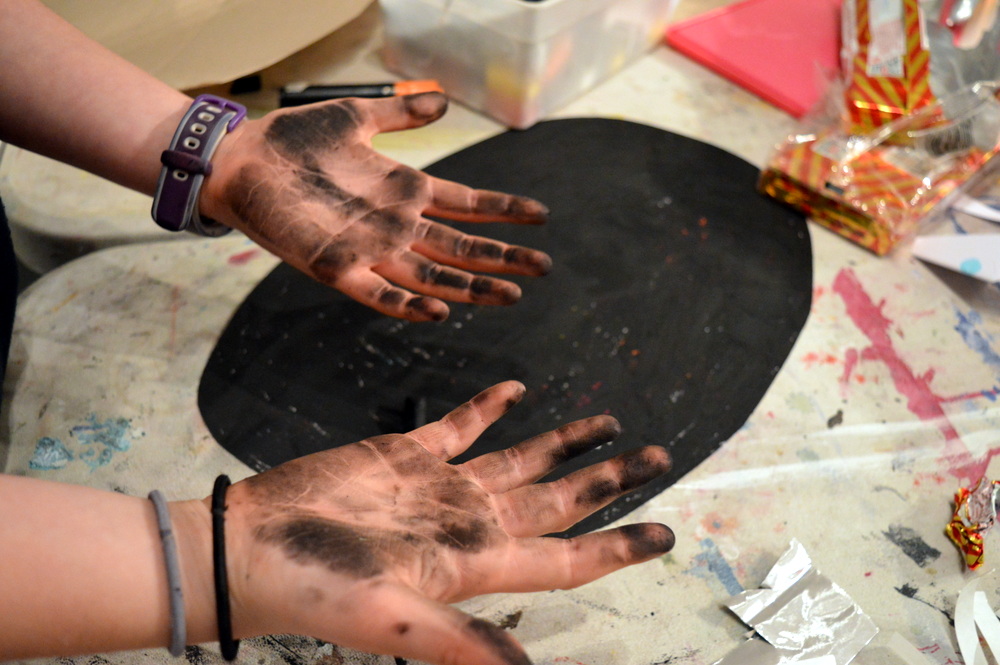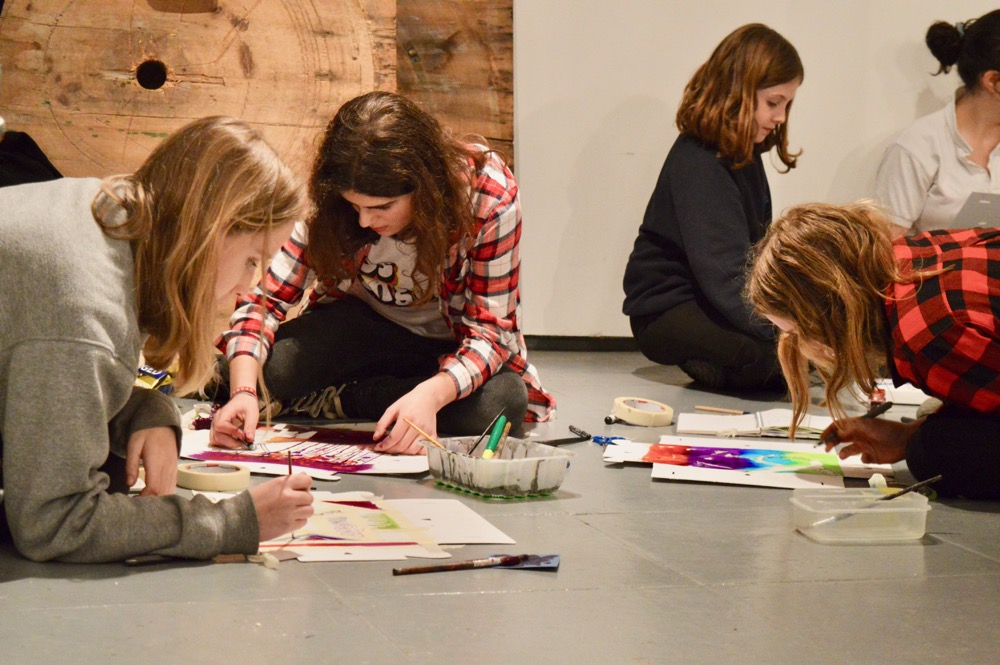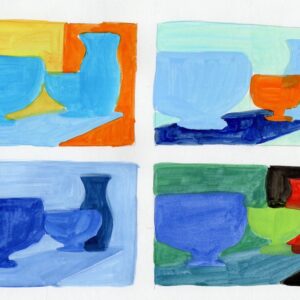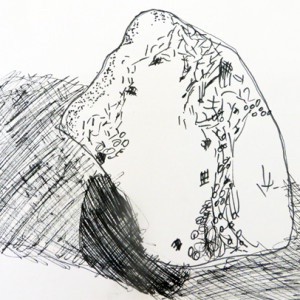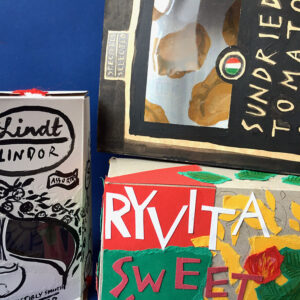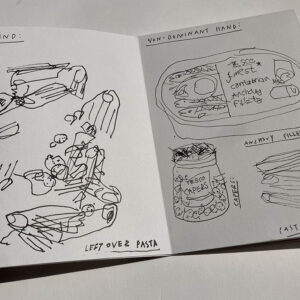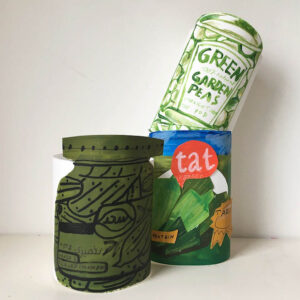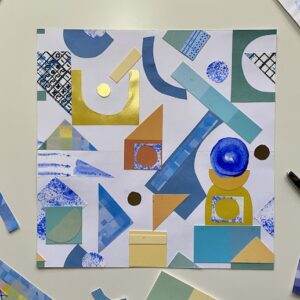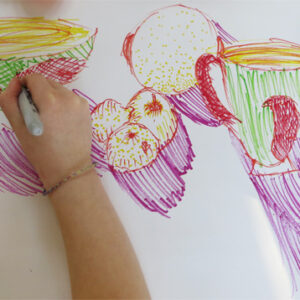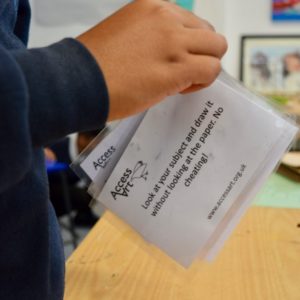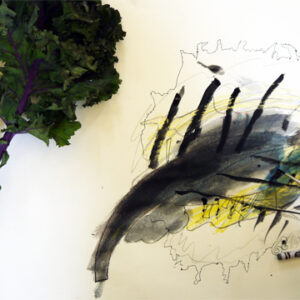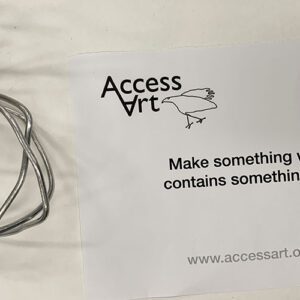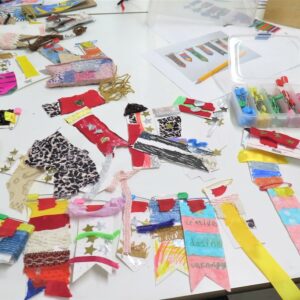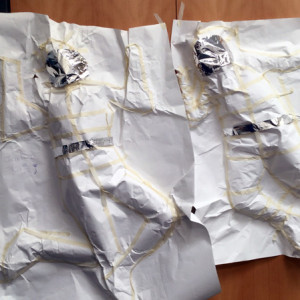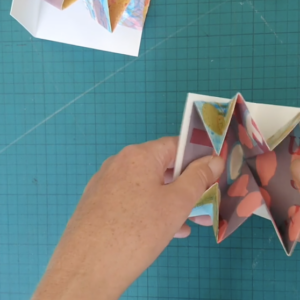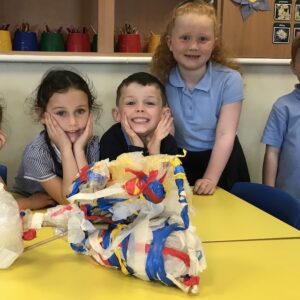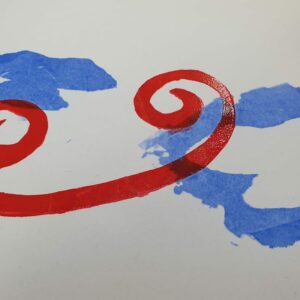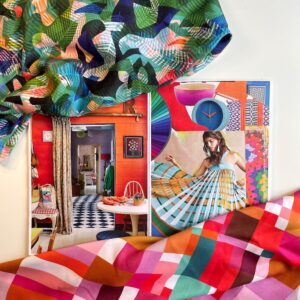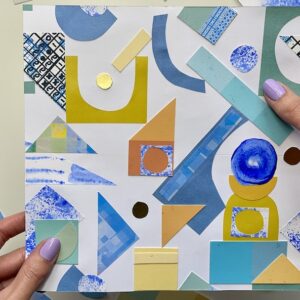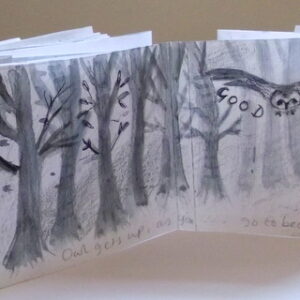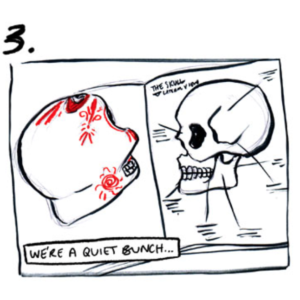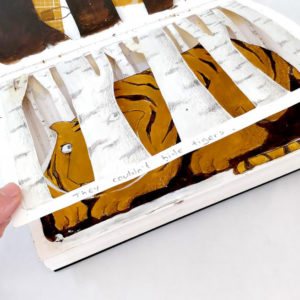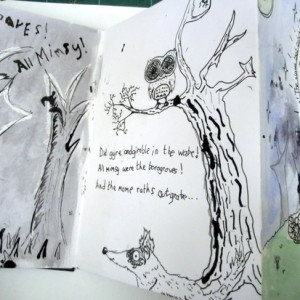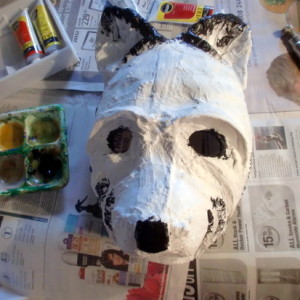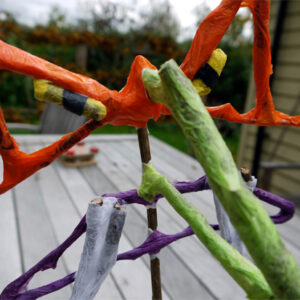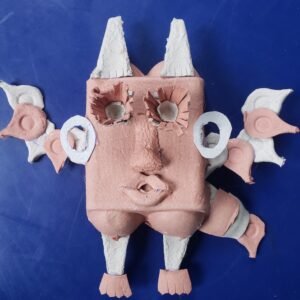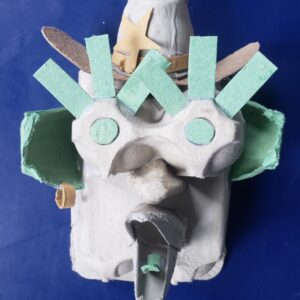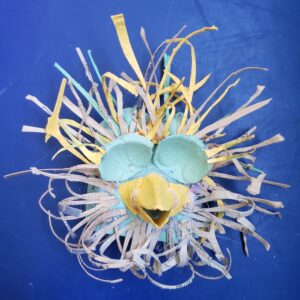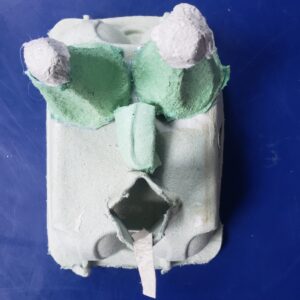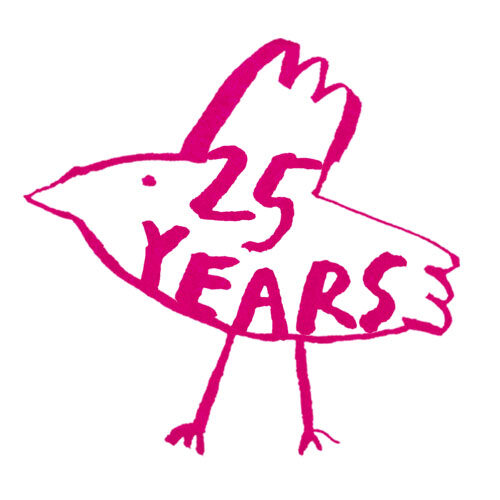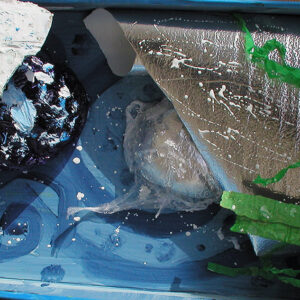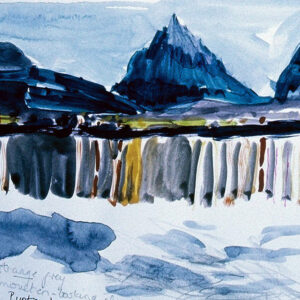AccessArt is creating a body of work to explore, celebrate and promote the notion of “Tiny Art Schools” across the UK. In this series of case studies, we’ll be sharing how artist educators work with their audiences, using community centres, village halls, and private studio spaces as art education labs, to build creative and economic communities of all sizes. We’ll explore how the tiny art school concept can be both a viable business model for the artist educator and help inform a ground-up, inclusive and diverse re-thinking of the purpose and value of art education for all today.
In this first post within a series of three, we interview Sarah and John Gamble, who run Art School Ilkley, an independent art school based in Ilkley, West Yorkshire. Starting in 2016, John and Sarah now run ten classes a week, teaching across ages, from young artists to adults. With a focus on inclusivity and experimentation, they provide a space where people can meet and be led on a personal artistic journey.
In this series, John and Sarah discuss how the school came about, their journey as artist educators, and a unique approach that makes Art School Ilkley a cherished part of the community.
In this first post, John and Sarah discuss why they wanted to start their own Tiny Art School and how they began in 2016.
Log in as a member to access the full resource below.

To access all content, I would like to join as…
AccessArt is a UK Charity and we believe everyone has the right to be creative. AccessArt provides inspiration to help us all reach our creative potential.
